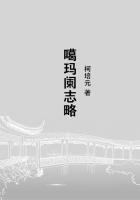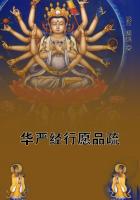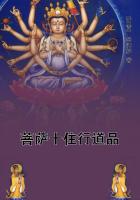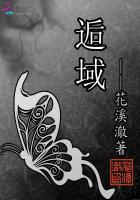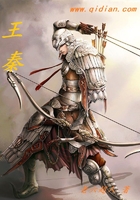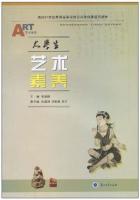If in the economic order we could recognize only the ruling of blind forces, of selfish interests, natural masses and mechanical processes, it would be a constant battle, a chaotic anarchy; it would present the "bellum omnium contra omnes." That this is not the case was perceived by those who saw in the exertion of egoism the only motive force of economic life; they helped themselves over the inexplicable conclusion that out of the blind struggle of selfish individuals peaceful society should grow out, with the ideal conception of a pre-established harmony of forces as in the conception of Leibnitz. And yet any impartial glance at life tells us that this harmony does not exist, but that it is striven for slowly and gradually.
No, harmony does not exist per se; selfish impulses combat each other, natural masses tend to destroy each other, the mechanical action of natural forces interferes relentlessly still to-day; the struggle for existence is to-day still carried on in the struggle of competition; the buoyancy of individual activity has even with the noblest and most distinguished men a flavor of egoism; with the masses it is, inwardly curbed indeed by the moral results of social life, the potent cause of most actions.
While struggle and strife never cease they do not preserve the same character throughout the course of history. The struggle which ended in annihilation, in subjugation, turns into a peaceful contest which is decided by an umpire. The forms of dependence grow milder and more human. Class government grows more moderate. Every brutal strength, every undue assertion of superior force is made punishable by law. Demand and supply, as they confront each other in the different systems of custom and law, are quite different in their result. In short all emanations of egoism are moderated, regulated and restrained by the moral cultivation of the labor of many thousand years. That this is so is the simple consequence of those ideal conceptions which originate in social life, form the centre of all religions, all systems of social ethics, all morals and all law. And in the realm of these ideal conceptions the idea of justice, if not the first and only power, is none the less one of the most important.
Others of equal might are grouped with it. Aside from the idea of God, of immortality, of perfection and of progress, the idea of justice which gives each one his share, is confronted in the field of social policy by some other ideas. These are in the first place the idea of community; which allots to the whole that which belongs to it, which regards the promotion of the whole more than the rights of the parts; in the secund place the idea of benevolence, which in its consciousness of community gives more to the poor man than he can justly demand; finally, the idea of liberty, which permits each part to act freely, placing numerous limits upon justice and the community. That this results in many restrictions upon the exercise of justice we will here only suggest, not demonstrate. But the fact always remains that the constantly growing and developing conceptions of justice extend their influence daily and hourly into the activity of practical life, that in the form of moral and religious sense of duty, social custom and actual law, they regulate and modify rude forces and selfish impulses. The conflict between interest and moral ideas will of course never cease, but only be moderated.
All human life only exists under the presumption of this never ceasing internal combat. There are always claims of economic justice which appear to be only bold ideal dreams; but there are always many which have conquered in life, or at least have obtained for themselves the majorities, the leading powers. And to them the more refined economic culture owes its humane character.
Practically the most important form in which these ideas conquer is that of custom and of law. Without these formal means the conceptions and judgments of justice cannot easily be realized, cannot easily be transmitted from generation to generation. Custom and law lend permanence and stability to ideas of morality, and effect the agreement of men about that which ought to be. From the moral disposition of men arise rules of custom, which as distinct rules of life curb the wild play of passions and impulses. Custom is that which we regularly practice, originating in experience and recollection, in the judicious conception of common purpose and in moral reflection.
As crude as custom may. originally be, its rule is always an improvement in comparison with the purely natural play of instincts. It appears to the growing generation the appropriate, necessary, just and obvious condition of all intercourse, all division of labor, all social existence. As an independent power it confronts the individuals and their impulses and becomes the foundation of all morals, all religion, as well as all rights and all institutions.
Originally inflexible and relentless in itself custom later becomes more variable in individual morality, adapts itself to conditions, though it still exacts the more noble and sublime; in the positive law, which is gradually separated from custom, it becomes a rule, demanding less, but for this "less" a much stricter obedience. Custom in higher stages of culture only prevails through fear of reproach, of contempt, of social ostracism. Formal law only chooses the rules of social life most important for common interest, but enforces their observation, when necessary, through the physical compulsion which the whole can exercise over the individual.
Internally of the same nature as morals and custom, i.e., originating equally in social ideals and primarily in the idea of justice, the law adopts through its external, formal nature the character of something independent, in consequence of which independence the law can only uphold justice within its own range and can only execute it in a certain sense.


